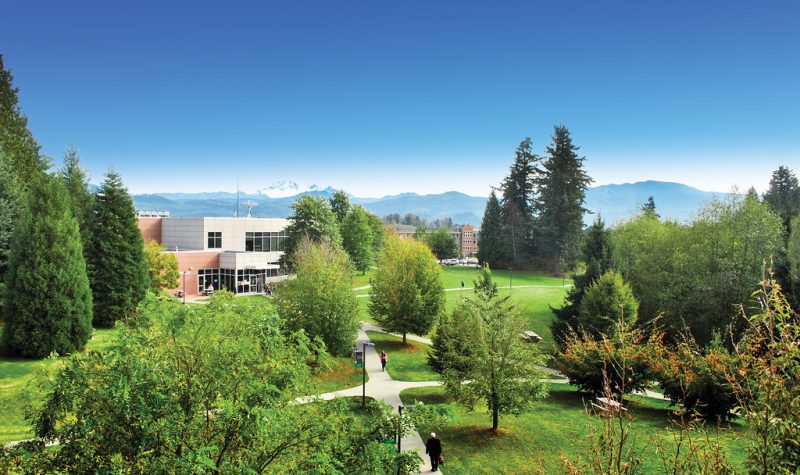Youth in the lower mainland are rising to the challenge of taking action on the climate emergency. Professor Tim Takaro professor emeritus from Simon Fraser University is a member of 'Protect the Planet, stop TMX', who during the global pandemic, "sat in the trees in Burnaby for 16 months," demonstrating against the Transmountain pipeline in the area. "Of course, that takes a lot of young blood to keep a movement like that. The young people really care. They have more on the line, and they know it. They also have the inspiration of figures like Greta.” Takaro points to a number of other recent initiatives led by youth that have led to meaningful change in the landscape of environmentalism. "We have had great success, the Enbridge northern gateway project is dead, the KXL pipeline in the US is dead. Line 3 is on the ropes. Kinder Morgan left because the project was too hot for them, the Transmountain expansion project was too risky, so we’ve had a lot of success, and we will have success blocking the Transmountain pipeline as well because it makes no sense, it’s last century’s infrastructure, and the youth know this."
He Highlights one instance where simply the threat of action aimed toward climate change led to significant steps being taken by Simon Fraser University: "A divestment campaign that SFU 350 had been working on for about six years; one of the students in 'Protect the Planet, stop TMX' said he didn’t have six years of work, and the university needs to divest today. He threatened a hunger strike that could have been the shortest hunger strike in history because the university said we will divest the day he started." While not all post-secondary institutions have taken the same steps, he's proud that SFU is now "in the process of full divestment in fossil fuels."
University of the Fraser Valley Alumna Lynn Perrin wanted to accomplish a similar goal in Abbotsford. "I went to the alumni association and put forward a motion got passed that any of the assets of the alumni be divested from fossil fuel investments, about 3 years ago. Regrettably, it’s the university who holds those funds, and they have so far not been convinced to do that."Abbotsford environmentalist John Vissers wonders if there may be a silver lining in Russia's ongoing war in Ukraine, and if the geopolitical unrest stemming from a global oil power's international sanctions "might help spur or somehow speed up the process of transitioning to renewables."
UFV political science professor, Dr. Ron Dart, remains skeptical but does agree. "Germany and other states, part of the EU, are trying to sort out what they’re going to do with Russia in terms of oil. Absolutely, if they could seize the moment and realize going down the path we are going is a cliff's edge.”
As for how the local picture may develop in the near future, Perrin is quick to point out that as populations continue to age, they also continue to give rise to the new generation. "We’re going to have a lot of seniors in the next few decades, but don’t forget, those seniors are grandparents of young people, and want them to have a good climate to flourish in. Hopefully, that will be the impact needed to move our leaders on their lack of action on promises."


